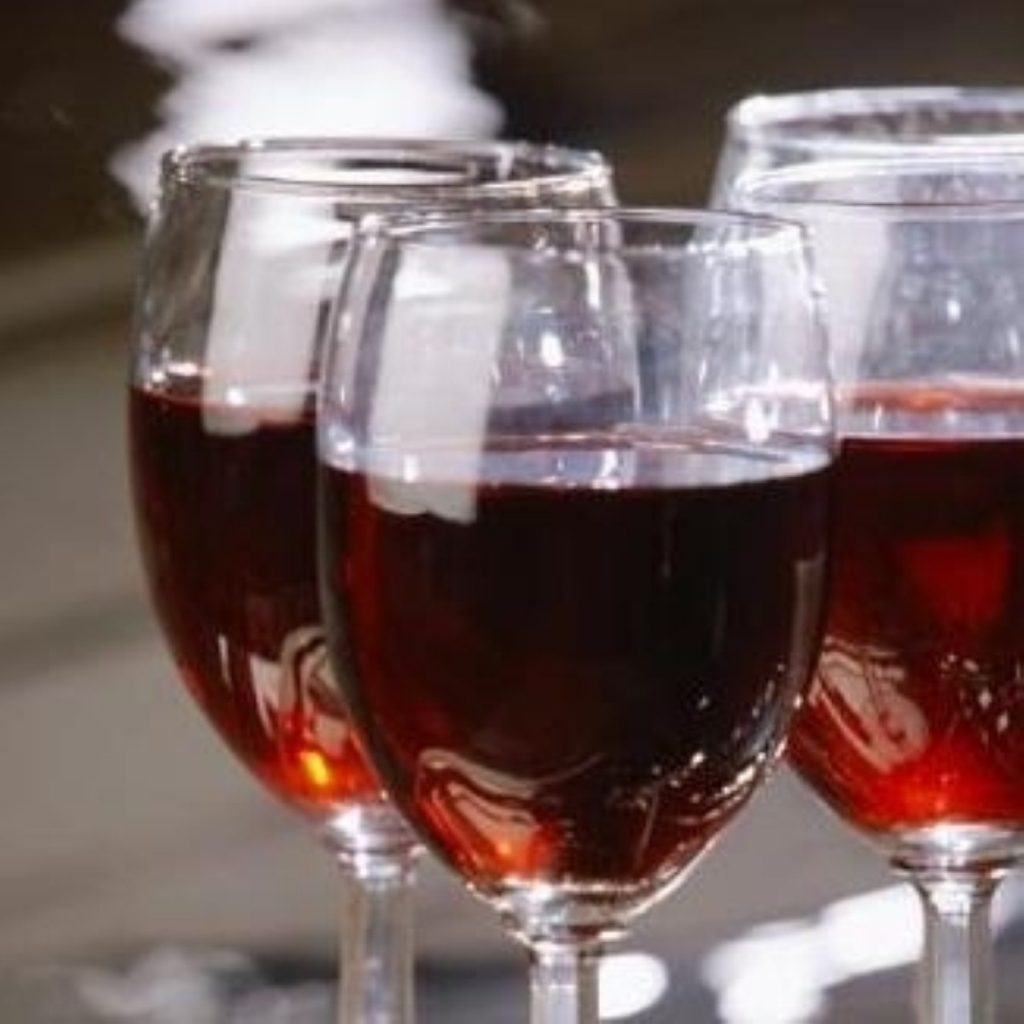Govt in push for ‘safe, sensible’ drinking culture
The government will attempt to change the British drinking culture, under a new strategy designed to promote safe, sensible and social drinking.
After 24-hour licensing failed to deliver a European, alfresco drinking culture, the government will attempt to make people more aware of the amount they are drinking.
It will target older drinkers who may unintentionally “binge drink” with a bottle of wine at home, and also encourage the drinks industry to highlight the alcohol content of its products.
Launching the strategy, home office minister Vernon Coaker said: “The government recognises that promoting a sensible drinking culture is a job for the whole of society. Everyone has a personal responsibility to drink in a safe, sensible and social way.


“Most people in this country do drink safely and responsibly but the evidence of the damage that is caused by those who don’t is plain to see; alcohol abuse still costs us £20 billion a year in crime and damage to health.”
The latest initiative will focus on the minority of drinkers who the government warn risk harming themselves, their communities and their families.
This will include media favourites the 18 to 24-year-old binge drinkers and underage drinkers, but also warn older people about the dangers of drinking too much at home.
Many older drinkers may not realise their drinking has reached unsafe levels and risks their physical and mental health, even if they are not alcohol dependent.
The government says it does not want to stop people enjoying alcohol responsibly, but instead reduce the harm caused by excessive drinking.
Public health minister Caroline Flint said: “Many people don’t keep an eye on the amount of alcohol they drink and don’t realise the damage they could be doing to their health.
“‘Safe, Sensible, Social’ focuses on how to make it easier to check your alcohol intake and stay within sensible limits.
“As part of the revised strategy, identifying and providing advice in different healthcare and criminal justice settings to those whose drinking puts themselves and others at risk will be further developed, as well as reviewing NHS alcohol spending to help us make smarter spending decisions to reduce the number of people with alcohol-related illnesses.”
The initiative will work with police, local authorities, prison and probation staff, the NHS, voluntary organisations, alcohol industry, business community, media and local communities, to create an environment which “actively promotes” sensible drinking.
The government will also conduct a review of alcohol pricing and promotion, paving the way for future restrictions on pub ‘happy hours’.
To promote the new approach, Mr Coaker visited the Turning Point Alcohol, Counselling and Prevention Service (ACAPS) youth project in Brixton, which offers education and support to young people.
Turning Point chief executive Lord Victor Adebowale welcomed the government’s strategy and offered its support to the government to campaign on responsible drinking and provide treatment for people affected by alcohol misuse.
He said: Alcohol is a serious social problem which affects the lives of all age groups. The government is right to prioritise alcohol education to better prevent the devastating effects of alcohol misuse occurring in the first place.”









